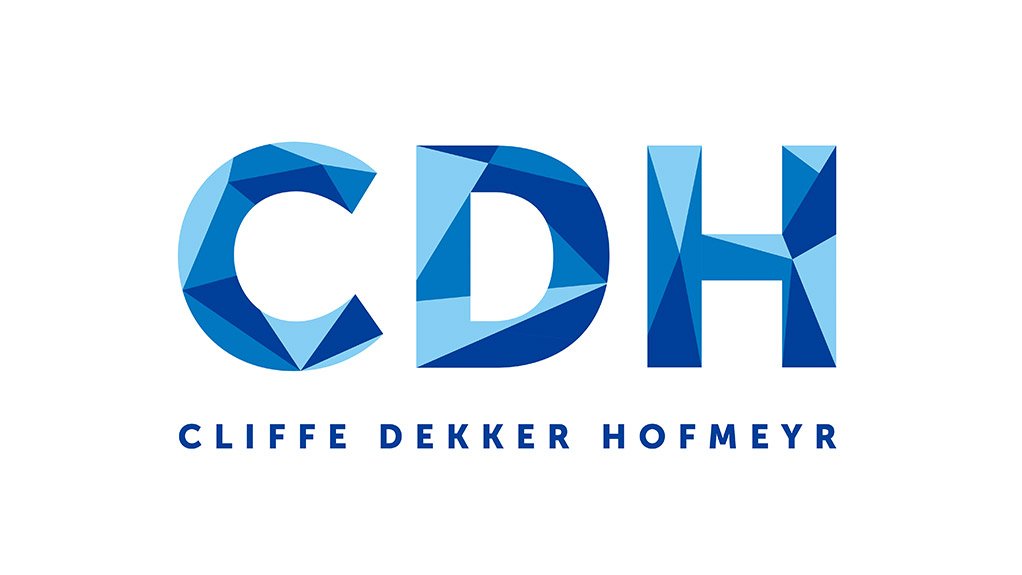The criminalisation of our employment law has met the ire of our judiciary. South Africa’s courts have warned parties not to seek to frustrate and prolong the disciplinary process.
At a glance
- South Africa’s courts have warned against disciplinary charges being split up in or order to delay disciplinary proceedings in employment matters, and the wording of charges in the disciplinary context has become subject to scrutiny by various labour dispute resolution forums.
- In disciplinary proceedings, charge sheets should not be framed in the same way as charge sheets prepared for criminal matters.
- All that is required is for an employee to be aware of and understand the charges which warrant a defence without them being unfairly prejudiced.
Irrelevant preliminary points, ill-timed submissions of medical certificates and inopportune applications for postponement have become the norm for those who seek to delay their disciplinary proceedings. This sort of conduct enhances what our courts have termed the creation of a “kitchen industry”.
As a rule of practice, the splitting of charges should always be avoided. In the application of the rule, common sense and fairness ought to prevail.
The splitting of charges can be described as a situation where an employee is required to respond to numerous charges which vary in name but are in fact borne out of a single act of misconduct.
In recent years, the wording of charges in the disciplinary context has become subject to scrutiny by various labour dispute resolution forums. Our courts have repeatedly stated that employers cannot be expected to frame charge sheets in the same manner that a charge sheet would be prepared for a criminal matter.
In disciplinary proceedings, the role of a charge sheet is to set out the allegations levelled against an employee so that the employee is aware of the case for which a defence is required.
Mogane v Standard Bank
To this end, South Africa’s courts have pronounced on the vexed questions arising from the issue of the drafting of charges, especially considering the position in which employers find themselves.
In the recent case of Mogane v Standard Bank (Pty) Ltd [2023] 32 CCMA 7.17.2 the Commissioner was required to determine whether the funds which the applicant had received amounted to a loan, as claimed by the applicant, or a gift, as contended by the respondent.
The Commissioner correctly noted that the only dispute between the parties pertained to the characterisation of the loan, and that the difference was academic as “borrowing” money from clients was listed in the bank’s disciplinary code as an offence punishable by dismissal.
In arriving at his decision, the Commissioner referred to the two Labour Appeal Court (LAC) judgments of EOH Abantu (Pty) Ltd v CCMA and Others (JA4/18) [2019] ZALAC 57 (LAC) [reported at 2019] 12 BLLR 1304 (LAC) and National Police Commissioner v Myers and others [2012] 7 BLLR 688 (LAC). The Commissioner stated that whether the charges were cast in multiple counts or a single count did not matter, as all that was required was for an employee to understand the charges which invited a defence.
The LAC cases reinforce the principle that the duplication of charges, and omission of alternative charges, are inconsequential as all that is required is for an employee to be aware of and understand the charges which warrant a defence without the employee being unfairly prejudiced. This is aligned with what our courts have sought to do – decriminalise our employment law. Fairness is the standard. Simplicity is the aim.
Written by Aadil Patel, Director and Malesale Letwaba, Associate at Cliffe Dekker Hofmeyr
EMAIL THIS ARTICLE SAVE THIS ARTICLE ARTICLE ENQUIRY
To subscribe email subscriptions@creamermedia.co.za or click here
To advertise email advertising@creamermedia.co.za or click here











